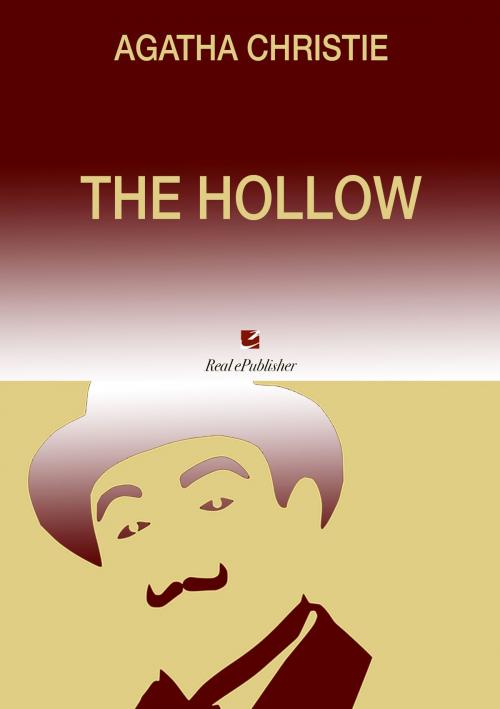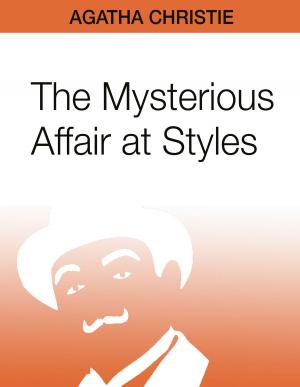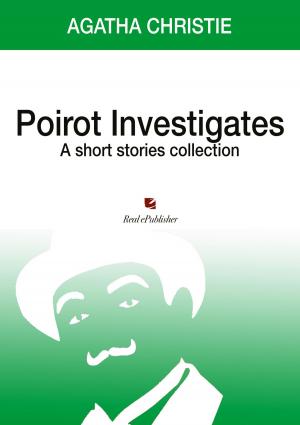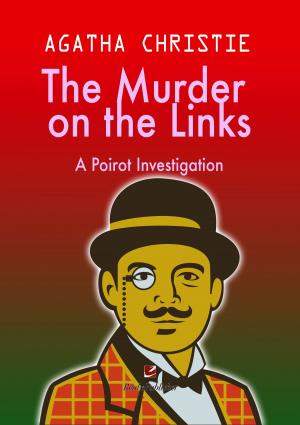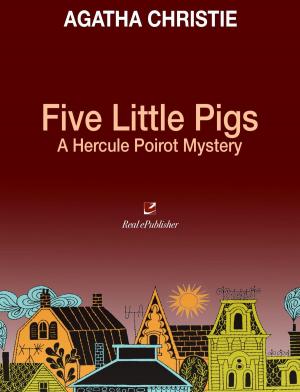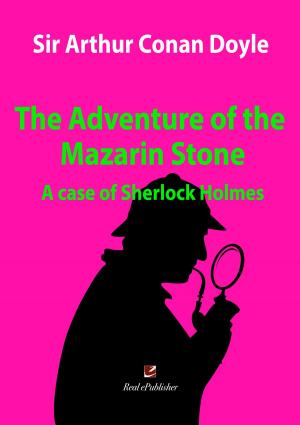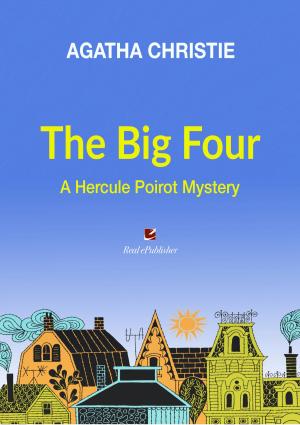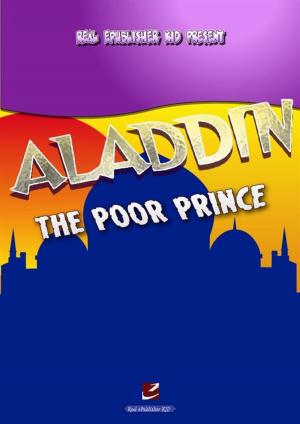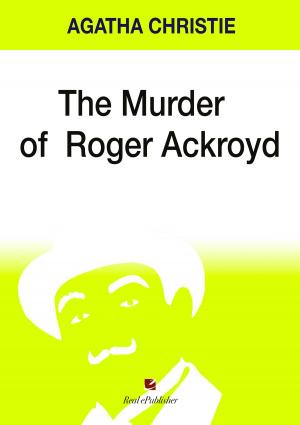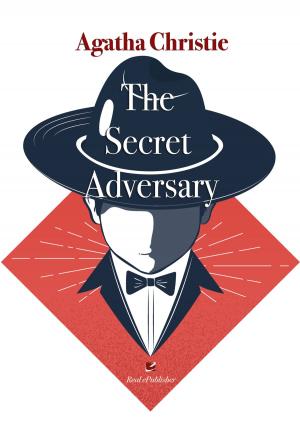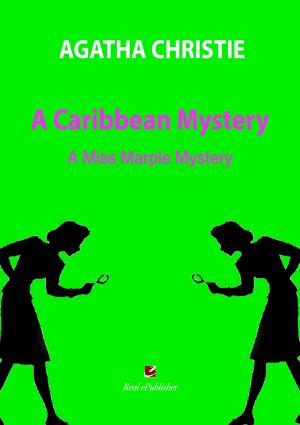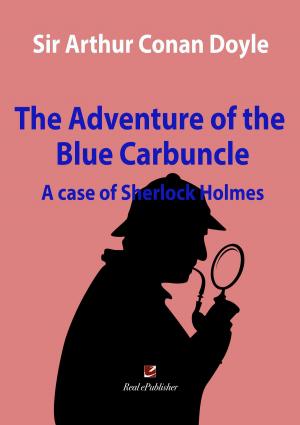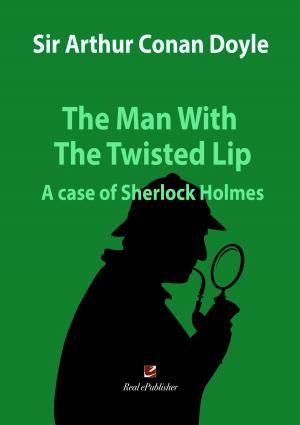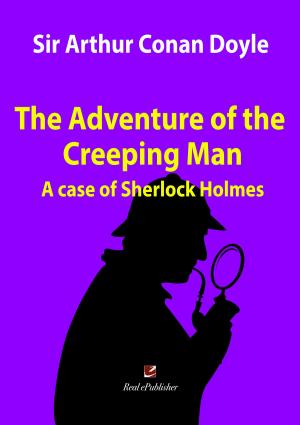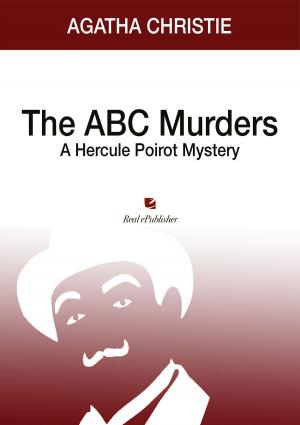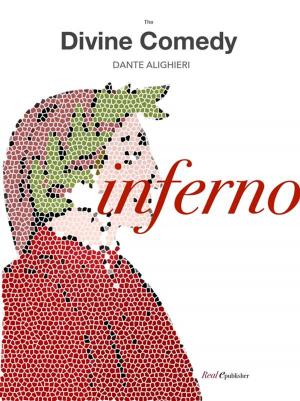| Author: | Agatha Christie | ISBN: | 9788834116579 |
| Publisher: | Real ePublisher | Publication: | May 20, 2019 |
| Imprint: | Language: | English |
| Author: | Agatha Christie |
| ISBN: | 9788834116579 |
| Publisher: | Real ePublisher |
| Publication: | May 20, 2019 |
| Imprint: | |
| Language: | English |
The Hollow is a work of detective fiction by Agatha Christie, first published in the United States by Dodd, Mead & co. in 1946 and in the United Kingdom by the Collins Crime Club in November of the same year. The US edition retailed at $2.50[ and the UK edition at eight shillings and sixpence.Apaperback edition in the US by Dell Books in 1954 changed the title to Murder after Hours.
The novel is an example of a "country house mystery" and was the first of her novels in four years to feature Christie's Belgian detective Hercule Poirot one of the longest gaps in the entire series. Christie, who often admitted that she did not like Poirot (a fact parodied by her recurring novelist character Ariadne Oliver), particularly disliked his appearance in this novel. His late arrival, jarring, given the established atmosphere, led Christie to claim in her Autobiography that she "ruined [her own novel] by the introduction of Poirot". Agatha Christie's successful career foresaw the use of her eight owned houses as settings for her novels, which were Taken at the Flood, Dead Man's Folly, Five Little Pigs, A Pocket Full of Rye, and Crooked House. However, the setting for The Hollow (viz., the house, pool, and paths), was taken from Francis L. Sullivan's house. Francis Loftus Sullivan was an English film and stage actor who portrayed Hercule Poirot in the plays Black Coffee(1930) and Peril at End House (1932) and also played the lead in The Witness for the Prosecution (1953), for which he won a Tony Award in 1955.
The Hollow is a work of detective fiction by Agatha Christie, first published in the United States by Dodd, Mead & co. in 1946 and in the United Kingdom by the Collins Crime Club in November of the same year. The US edition retailed at $2.50[ and the UK edition at eight shillings and sixpence.Apaperback edition in the US by Dell Books in 1954 changed the title to Murder after Hours.
The novel is an example of a "country house mystery" and was the first of her novels in four years to feature Christie's Belgian detective Hercule Poirot one of the longest gaps in the entire series. Christie, who often admitted that she did not like Poirot (a fact parodied by her recurring novelist character Ariadne Oliver), particularly disliked his appearance in this novel. His late arrival, jarring, given the established atmosphere, led Christie to claim in her Autobiography that she "ruined [her own novel] by the introduction of Poirot". Agatha Christie's successful career foresaw the use of her eight owned houses as settings for her novels, which were Taken at the Flood, Dead Man's Folly, Five Little Pigs, A Pocket Full of Rye, and Crooked House. However, the setting for The Hollow (viz., the house, pool, and paths), was taken from Francis L. Sullivan's house. Francis Loftus Sullivan was an English film and stage actor who portrayed Hercule Poirot in the plays Black Coffee(1930) and Peril at End House (1932) and also played the lead in The Witness for the Prosecution (1953), for which he won a Tony Award in 1955.
